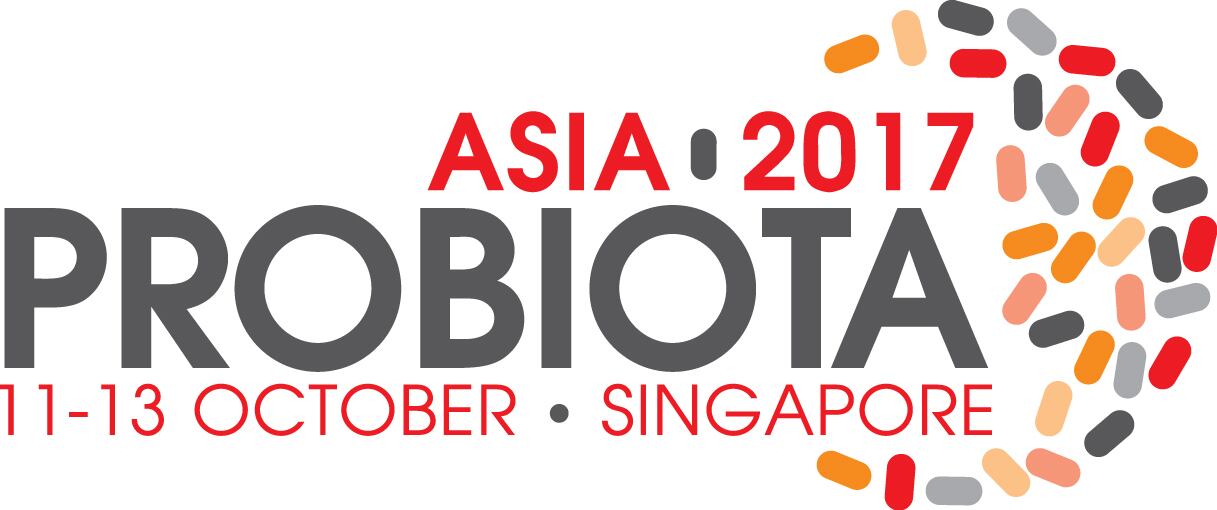Writing in the journal Genome Medicine, academics from McMaster University noted that the infant gut is rapidly colonised by microorganisms soon after birth, and the composition of the microbiota is dynamic in the first year of life.
Although a stable microbiome may not be established until one to three years after birth, infant gut microbiota appears to be an important predictor of health outcomes in later life, they added.
“Our study looks at the microbial population in the gastrointestinal tract of infants at a formative stage of life, when metabolic set points are being established,” said Jennifer Stearns, the study’s first author, and assistant professor of medicine at McMaster University’s Michael G. DeGroote School of Medicine.
“We know that microbial communities are influenced by genetics, food and lifestyle, which are factors that we considered here. We also know that all three of these are strongly influenced by one’s ethnicity.”
Cohort studies
The study analysed the stool samples from 173 white Caucasian and 182 South Asian one-year-olds living in Canada. They were recruited from two birth cohort studies (CHILD and START), which are co-ordinated at McMaster University. For this study, South Asian ethnicity was defined as infants whose parents’ and grandparents’ ancestral origin was from India, Pakistan, Sri Lanka or Bangladesh.
Analysis of the samples revealed ethnicity and infant feeding practices independently affect gut microbiota at one year of age.
“While both white Caucasian and South Asian mothers reported that they breastfed their infants at some point during the first year (97.1% versus 94.4%), a greater proportion of South Asian infants were still breastfeeding at the time of the one-year stool sample collection (43% versus 32%, p < 0.05).
“Additionally, there was more formula use during the first year (77% versus 65%, p < 0.001) and earlier introduction of solid food among South Asians (88% versus 50% from three to six months, 9.4% versus 40% from six to nine months),” added the paper.
Furthermore, there was a higher abundance of lactic acid bacteria in South Asians and a higher abundance of Clostridia and related genera in white Caucasians. Whether these differences are associated with future health issues can only be determined after prospective follow-up.
Understanding this relationship may play a key role in preventative care in the future, added the researchers.
“This study sets the stage for in-depth study of the South Asian gut microbiome as people transition to a western lifestyle here in Canada, a process that likely contributes to this population’s higher risk for obesity, Type 2 diabetes and cardiovascular diseases,” said Stearns.
Source: Genome Medicine
DOI 10.1186/s13073-017-0421-5
"Ethnic and diet-related differences in the healthy infant microbiome"
Authors: Jennifer Stearns, et al.

The Probiota series is growing, and in October 2017, Singapore will host the first ever Probiota Asia event. Building on the success of the annual global Probiota and Probiota Americas events, Probiota Asia will focus exclusively on this high growth market and the challenges it faces.
Save the date: 11-13 October 2017

